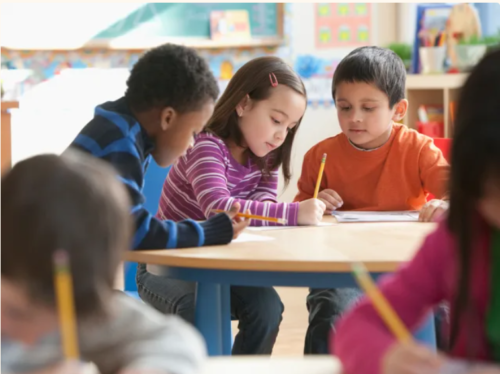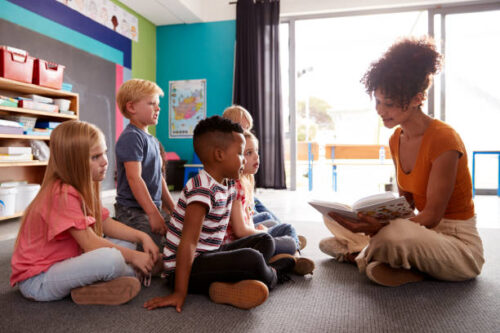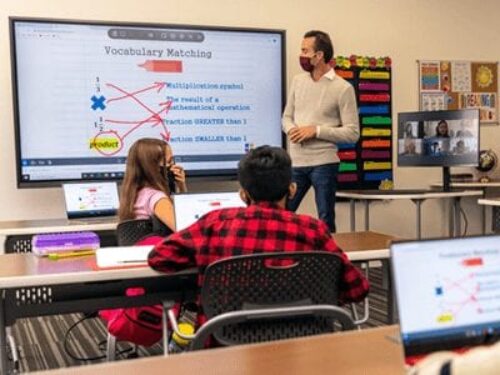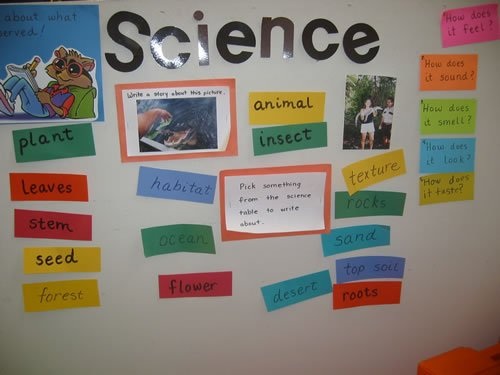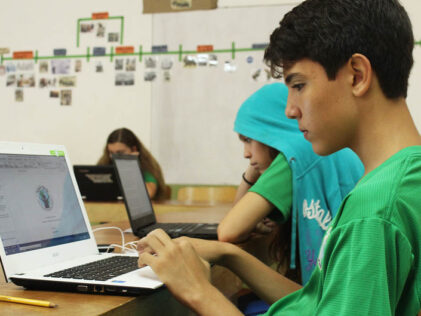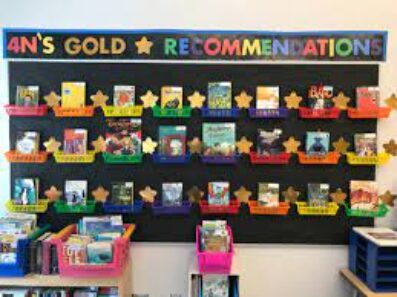Impact of Oral Language & Information Intensive Classrooms By Sage Thebo
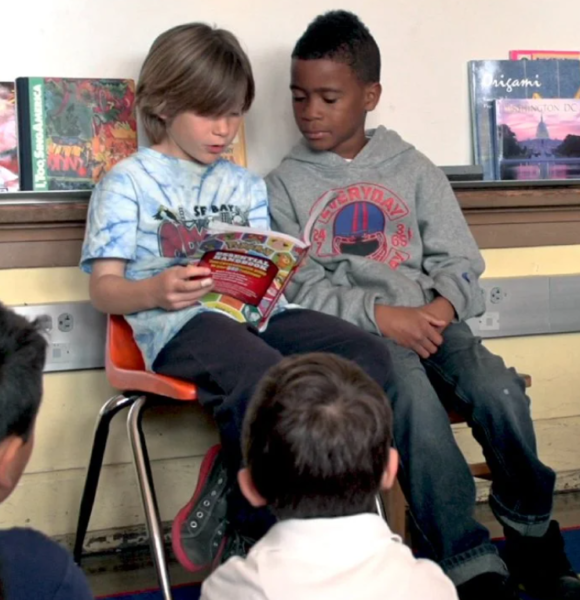
Oral language has a massive impact in how a student evolves as a learner when it comes to reading and writing. To many and myself, oral language is the base and the foundation for a child’s capacity to learn a language. They begin their journey through oral language by both listening at a young age and translating that into speech. From there, children will build on those skills by hearing different patterns of speech along with language experiences as they grow older throughout time.
One finding that I found interesting from the study was the effect of storytelling and story time for young children. The ability for students to be able to come together either as small groups to be able to tell a story are profound. When reading the story, the students begin to understand and learn vocabulary that is new to them as well as begin to learn how to build larger and more complex sentences. To me, this makes a lot of sense in the fact that students, especially the younger they are, are like sponges and soak up information as they grow and learn. In providing them new input, such as stories, it is giving them the opportunity to be able to connect pieces from the the story telling into their everyday lives.
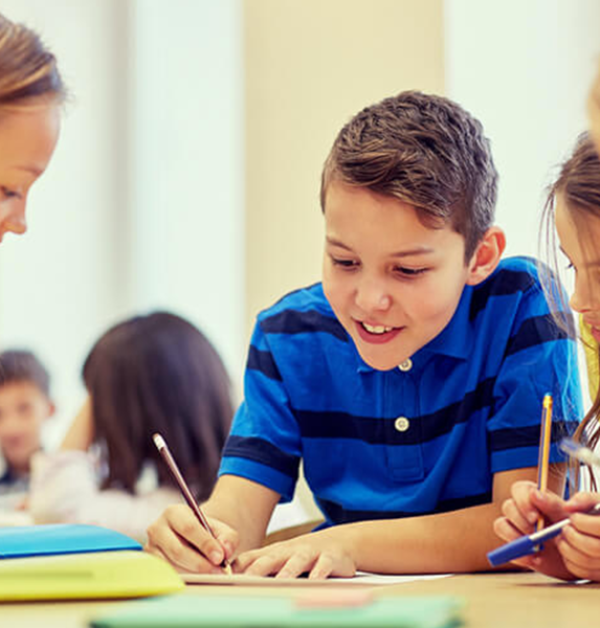
Oral language plays an incredible part especially within the home of the student. When parents make is a conscious effort to communicate with their child, read them stories, help them learn new vocabulary, it excels their reading and writing abilities. Seeing the study by Hart and Risley is astonishing in terms of the gap that students from more affluent backgrounds learn compared to those from lesser backgrounds. I think it shows the amount and effect that oral language can have on a student as they grow. 30 million words is twice the amount that the lesser background students are missing out on and that gap alone is twice as many as they are originally earning. (Hart & Risley, 1995)

Incorporating the information intensive environments, whether in the classroom or at home, also plays a large factor in the growth of the students reading and writing abilities. Practice makes perfect, and when students have the opportunity to come in and learn, or practice vocabulary, speaking, writing, listening, interacting, in every subject, not only reading or writing, then they are enhancing those skills on a much higher threshold.
Ideas like seeing vocabulary on the board and throughout spaces in the classroom, posters describing activities or ideas, conversations and storytelling to enhance what is learned will effectively continue and improve the student’s reading and writing development. Through both oral language and information intensive classrooms, students are constantly being surrounded by opportunities to grow in their development. Reiterating the fact from above, students are sponges and soak up information on a daily basis, all they need are the opportunities to do so!
5 Ways I Will use Oral Language & Information Intensive Environments
I will encourage conversations between myself and the students as well as students with their peers. This will help them learn to expand on their ideas and learn about things in different perspectives.
My classroom will have multiple avenues to showcase the information being shown. (Posters, Vocab Walls, Digital Apps, etc.)
I will incorporate opportunities in different parts of my lessons to have group work amongst the students. This will help them have opportunities to communicate with others and work together.
In my room, I’ll try to create a book wall for students to select books about sports or athletes that they might enjoy. How to books on playing sports, biographies on athletes, interesting facts, etc. Students will be able to take the books and return them when finished for another student to read.
Put a Calendar up that will have a vocabulary word connected with the day. That way students will be able to learn a new word or showcase their knowledge for a word every time they come into the classroom.


